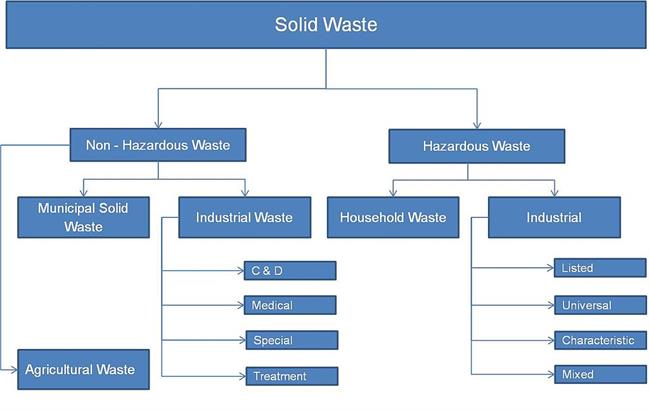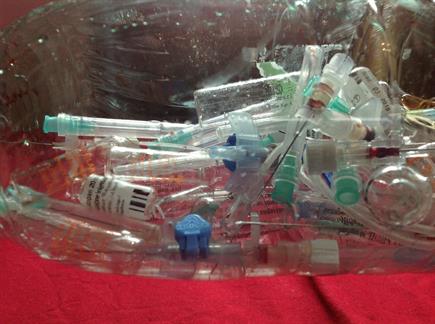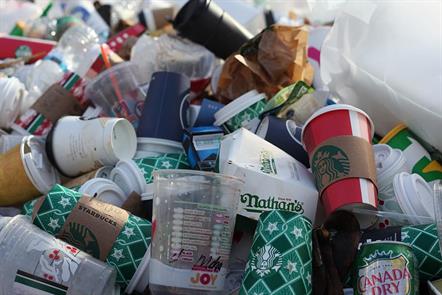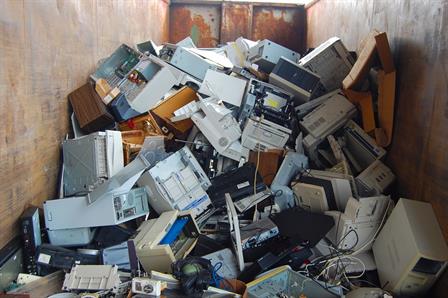PDF chapter test TRY NOW
Our day-to-day activities generate a lot of waste in the form of garbage. The accumulation of waste resulting from improper disposal is a major issue. Population in our country has been growing at an alarming rate. Thus, there is a massive rise in waste generated, particularly in cities.
What are solid wastes?
Solid wastes mainly include municipal wastes, hospital wastes, industrial wastes, e- wastes etc.
Municipal solid wastes (MSW):
It includes wastes generated from domestic and industrial activities. MSW includes paper, plastics, food wastes, glass, textiles, leather, wood, sanitary waste in septic tanks etc.

Municipal solid wastes
Hospital wastes:
Wastes generated from clinics and hospitals, such as expired medications, plastic syringes, surgical dressings, etc. These wastes can be infectious and have the potential to spread.

Hospital wastes
Industrial wastes:
Garbage generated in industrial or commercial establishments such as shops, stores, printers, offices, and godowns is industrial waste. Packing material, polythene, paper, damaged foods, vegetable and meat scraps, and other items are included.

Industrial or commercial wastes
E-wastes:
Electronic wastes, often known as e-waste, are spoiled, outdated, and non-repairable electrical and electronic gadgets.
E-wastes are made up of discarded electronic devices such as televisions, floppies, computers, audio-video CDs, electric switches, batteries, telephones, cellphones, refrigerators, washing machines, air conditioners, kitchen appliances, aeroplanes, etc.

E-wastes
Reference:
https://upload.wikimedia.org/wikipedia/commons/thumb/8/82/Solid_Waste_Types.jpg/1024px-Solid_Waste_Types.jpg
